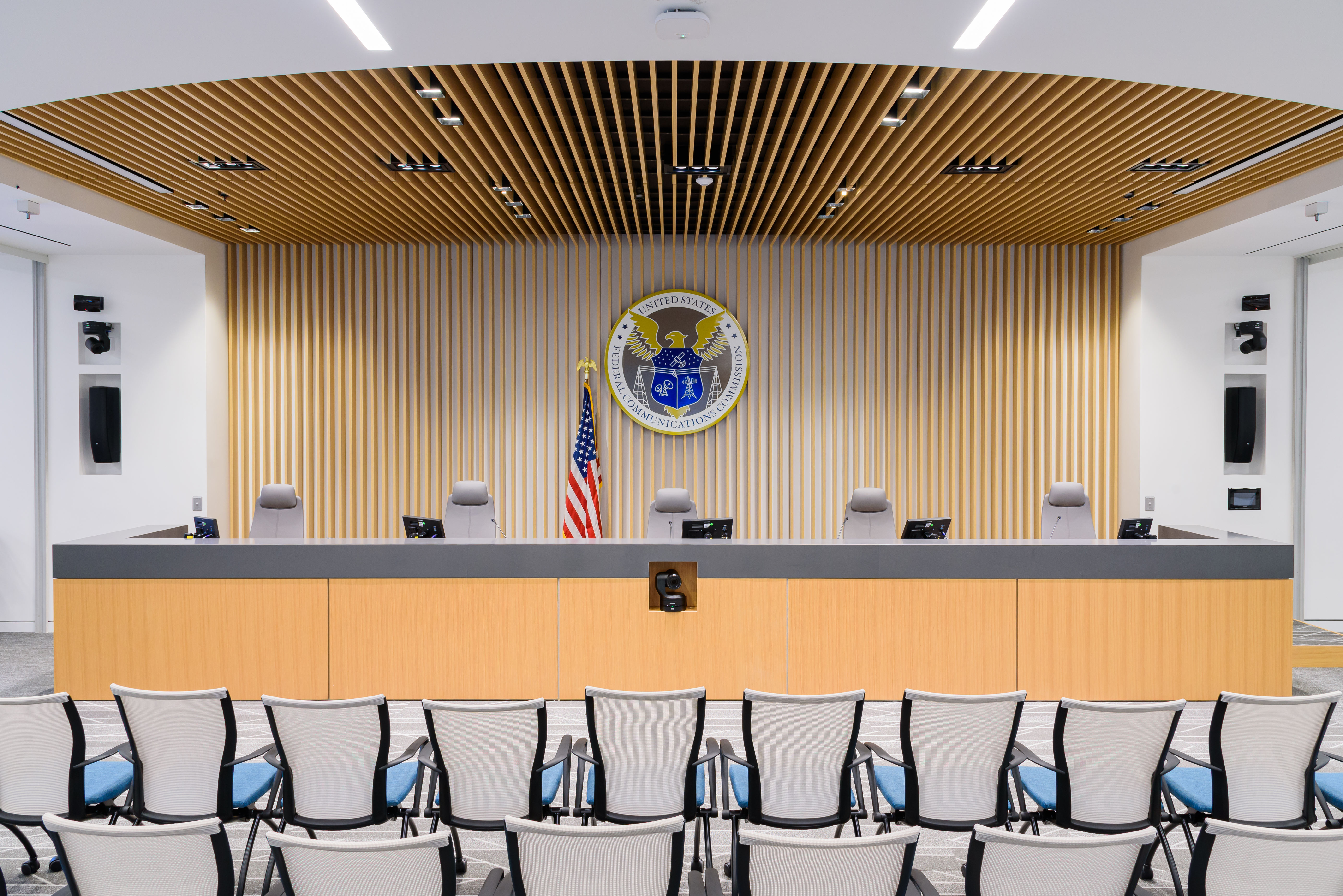TV Spectrum Use Debated
The professional video industry's #1 source for news, trends and product and tech information. Sign up below.
You are now subscribed
Your newsletter sign-up was successful
There was an interesting discussion last week on Slashdot.org ("News for Nerds. Stuff that matters.") about the value of over-the-air TV broadcasting. The discussion -- Putting the TV Broadcast Spectrum to Better Use? - was prompted by an interview on the NPR program "All Things Considered." Robert Siegel interviewed Thomas Hazlett, a former chief economist for the FCC. Hazlett is now a senior fellow at the Manhattan Institute for Policy Research.
During the interview, Siegel commented that relatively few viewers receive TV over the air. Hazlett said 90 percent of the public receives TV programming using cable or satellite and that very few people were watching over-the-air TV. He said that rather than reserving a large block of spectrum for broadcast TV, it could be used for a "cornucopia of new services." To listen to the interview, visit the NPR web site and the June 3 run-down for All Things Considered. Scroll down to the Real Audio Javascript link for the segment titled "Should TV Be Free."
The Slashdot discussion contained a variety of comments. Some of them were obviously technically inaccurate, but it a few common themes emerged. Overall, Slashdot commenters felt over-the-air TV was valuable as a free alternative to subscription cable and satellite services. Several didn't want to pay for a lot of channels they never watch. Others commented cable TV and local TV over satellite was not available in many small towns and rural areas, leaving over-the-air TV as the only source of news and information. Some said it was important to have over-the-air TV to provide entertainment, news and information to people that could not afford cable or satellite.
Many commenters said over-the-air TV was necessary so they could watch TV on portable sets, noting the interest in small screen hand-held TVs from Casio and others. The value of battery operated TV sets for receiving local emergency information when power lines (and cable TV) were down.
Not all comments were favorable to broadcast use of the TV spectrum. Some felt it would be better used for wireless Internet access or unlicensed devices like Wi-Fi. Others suggested some channels could be made available for local, low power TV (licensed and unlicensed). I was surprised to see suggestions that VHF TV should be left alone but UHF TV channels could be reclaimed.
While the Slashdot audience may not represent the public at large, the comments are worth reading, especially in relation to conversion to DTV. A good follow up question would be whether over-the-air DTV will be able to provide the same service, including portable TV reception that viewers expect from over-the-air analog TV and in what time frame.
The professional video industry's #1 source for news, trends and product and tech information. Sign up below.
